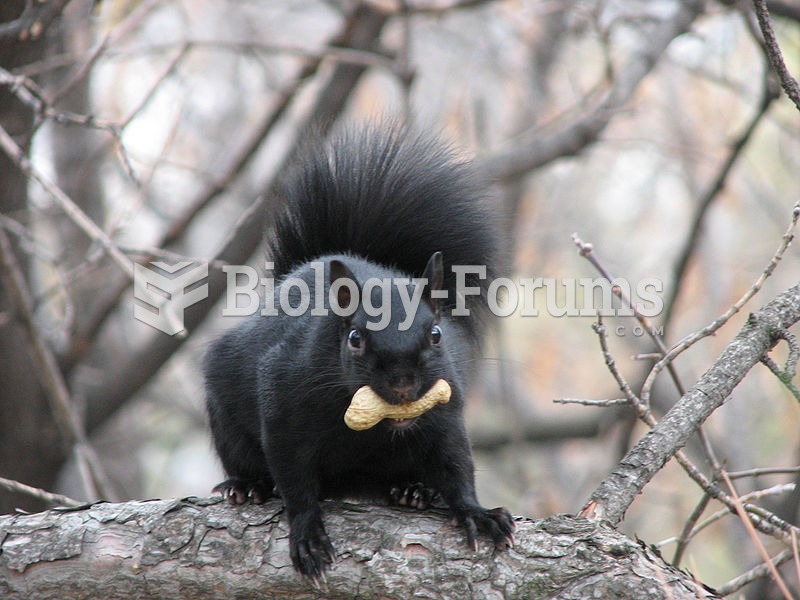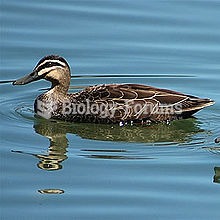Answer to Question 1Plankton include many different photosynthetic and chemosynthetic species that are
responsible for contributing to ocean primary productivity. The word is derived from the
Greek word planktos, which means wandering. Plankton drift or swim weakly, going
where the ocean goes, unable to move consistently against waves or current flow. In contrast,
the word nekton (nektos, swimming) describes organisms that actively swim. The term
plankton or nekton is not a collective natural category like molluscs or algae, which implies
an ancestral (evolutionary) relationship among the organisms; instead, it describes a common
ecological connection, a lifestyle. Members of the plankton community, also referred to as
plankters, can and do interact with one another. Some can swim weakly. Grazing, predation,
parasitism, and competition occur among members of this dynamic group
Answer to Question 2Plankton include many different photosynthetic and chemosynthetic species that are
responsible for contributing to ocean primary productivity. The word is derived from the
Greek word planktos, which means wandering. Plankton drift or swim weakly, going
where the ocean goes, unable to move consistently against waves or current flow. In contrast,
the word nekton (nektos, swimming) describes organisms that actively swim. The term
plankton or nekton is not a collective natural category like molluscs or algae, which implies
an ancestral (evolutionary) relationship among the organisms; instead, it describes a common
ecological connection, a lifestyle. Members of the plankton community, also referred to as
plankters, can and do interact with one another. Some can swim weakly. Grazing, predation,
parasitism, and competition occur among members of this dynamic group







